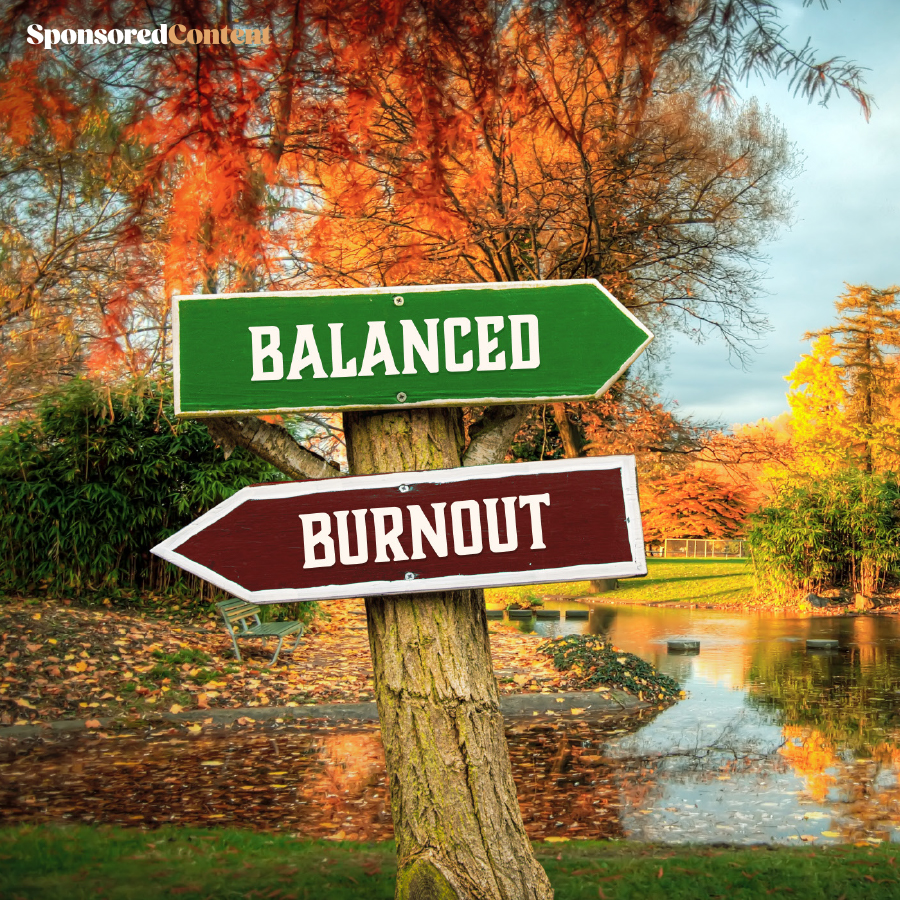Burnout vs. Resilience: Understanding Their Impact on Your Health
Burnout has become a significant concern in today’s fast-paced and demanding world. It affects people across various professions and lifestyles, often resulting from chronic stress and the inability to balance work and personal life. As a medical provider, I have witnessed the toll burnout can take on my colleagues, myself, and my clients. Understanding the causes and consequences of burnout and key lifestyle modifications for being resilient, are essential for maintaining mental and physical health in these modern times.
Burnout is more than just feeling stressed; it’s a condition that can severely impact your quality of life and overall health. And if left unaddressed, it can lead to more serious mental health issues such as depression and anxiety, and physical health problems like cardiovascular disease and a weakened immune system.
One way I coach our clients on mitigating the risk of burnout is to underscore the importance of resilience and key necessary lifestyle modifications needed to resist burnout. The first key step being to understand the differences between these two states and their impacts on their well-being.
Burnout and resilience are two sides of the same coin when it comes to dealing with stress and adversity. While burnout represents a state of exhaustion and disillusionment, resilience embodies the ability to adapt and recover. Resilience is not a trait that people either have or do not have; it involves behaviors, thoughts, and actions that can be learned and developed in anyone desiring to experience resilience, stronger immune system, and a state of thriving not just surviving.
Characteristics of Resilience:
Optimism – viewing challenges as opportunities for growth
Emotional Regulation – managing emotions effectively to handle stress
Flexibility – adapting to new circumstances and changing plans as needed
Problem-Solving Skills – proactively addressing issues rather than feeling overwhelmed
Strong Support Networks – relying on relationships for emotional and practical support
The good news is that resilience can be developed and strengthened with practice. Given the protective role of resilience, it’s important to adopt strategies to enhance this trait.
Resilience Strategies:
Gratitude – develop a practice of being grateful
Practice Mindfulness –focus on being present and aware of what you are sensing and feeling in the moment
Get Enough Sleep – 7-8 hours a night
Exercise – just 30 minutes a day can make a huge difference
Take care of yourself – such as proper nutrition and lifestyle changes. Fuel your body with quality nutrition
Try relaxation activities – meditation, yoga, deep breathing exercises
Don’t be afraid to seek professional care
Understanding the relationship between burnout and resilience is essential for maintaining both your mental and physical health. By adapting strategies to build your resilience, you can better manage stress, maintain your health, and thrive in the face of challenges. Developing resilience is not just about bouncing back from adversity; it’s about growing stronger through the experience.

